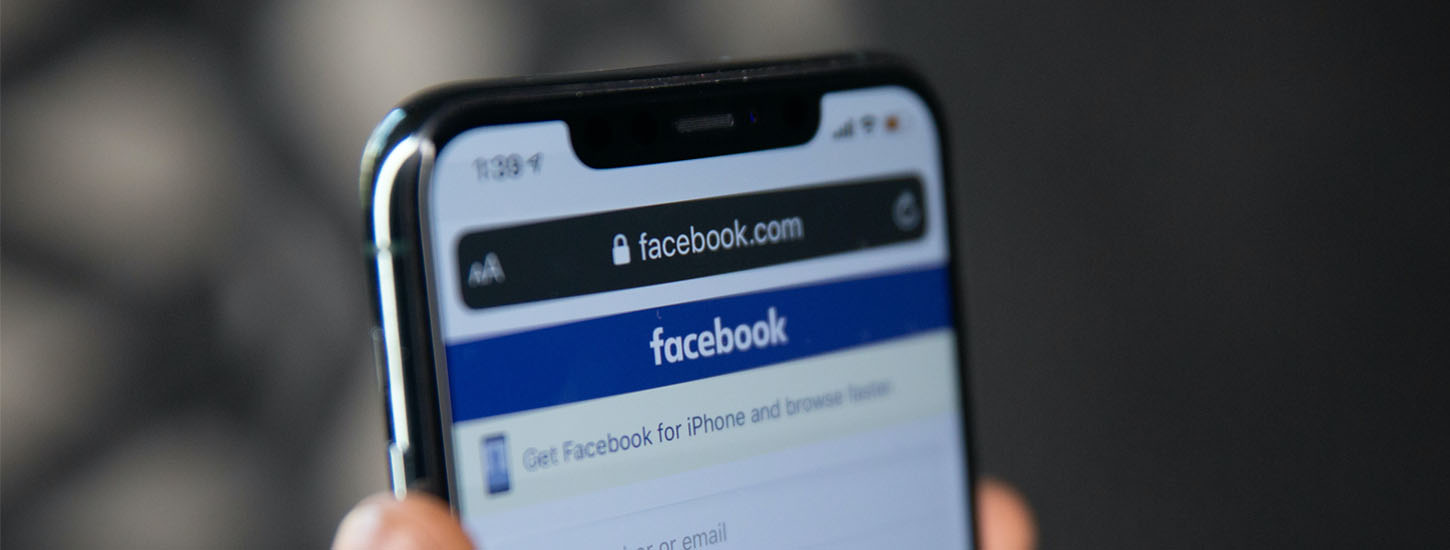On March 25th, I look forward to co-presenting a Washington State Bar Association (WSBA) continuing legal education seminar with Jeanne Marie Clavere, Professional Responsibility Counsel for the WSBA, on Social Media & Your Law Practice. We will be discussing the ethical implications of lawyers’ participation in social media.
As I prepare for this presentation, I noted with interest an article in the ABA Journal written by Debra Cassens Weiss, “Lawyer is arrested in Capitol assault after Facebook bragging.” The article discusses a Georgia lawyer, William McCall Calhoun Jr., who has been arrested and charged with “entering a restricted building or grounds, violent entry or disorderly conduct, and tampering with a witness, victim or an informant” pursuant to the January 6th insurrection on the U.S. Capitol. Mr. Calhoun Jr.’s alleged Facebook posts included:
- “Now we’re all going back armed for war and the Deep State is about to get run out of DC”
- “Get this, [t]he first of us who got upstairs kicked in Nancy Pelosi’s office door and pushed down the hall towards her inner sanctum, the mob howling with rage—Crazy Nancy probably would have been torn into little pieces, but she was nowhere to be seen—then a swat team showed, and we retreated to the rotunda and continued our hostile takeover of the Capitol Building.”
According to the article, “McCall’s public defender said social media posts cited by the government were ‘partisan, loud, rhetorical comments,’ but there is no evidence linking McCall to violent acts.” Let’s say, for the sake of argument, his defense attorney is correct. If there is no evidence connecting Mr. Calhoun to participating directly in the Capitol insurrection, could his Facebook posts, in and of themselves, have negative ethical implications related to his character and fitness to practice law? In my opinion, yes. For example, Washington Rule of Professional Conduct 8.4 states that it is professional misconduct for an attorney to engage in acts including stating or implying an ability to influence improperly a government agency or official or to achieve results by means that violate the Rules of Professional Conduct or other law. In this instance, Mr. Calhoun declared on Facebook that he is able not only to influence the government, but to overthrow it entirely, based upon participating in illegal conduct. These Facebook posts also demonstrate a lack of fitness to practice law, as discussed in Rule 8.4.
The Preamble to the Washington Rules of Professional Conduct also provides guidance as to what the public should expect from a licensed attorney participating in social media. Paragraph 5 of the Preamble states, “A lawyer’s conduct should conform to the requirements of the law, both in professional service to clients and in the lawyer’s business and personal affairs . . . A lawyer should demonstrate respect for the legal system and for those who serve it, including judges, other lawyers and public officials. While it is a lawyer’s duty, when necessary, to challenge the rectitude of official action, it is also a lawyer’s duty to uphold legal process.” Paragraph 13 declares in part, “Lawyers play a vital role in the preservation of society.”
Lawyers, as licensed professionals, cannot simply “let it fly” on social media, relying on the First Amendment as a shield in the same way a member of the general public might, if the social media posts violate the professional responsibility rules. To the contrary, lawyers who flagrantly disregard the ethical rules risk disciplinary action including a potential loss of their licenses. I look forward to exploring these issues in more detail on March 25th.



 Phone: (206) 784-5305
Phone: (206) 784-5305